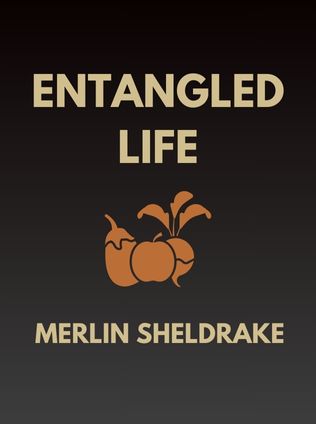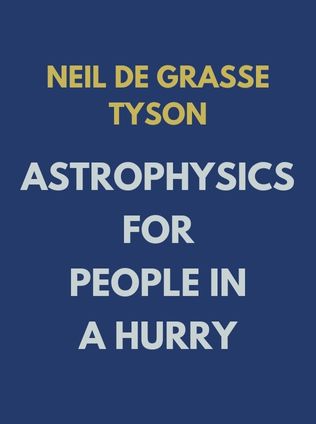
Entangled Life
How Fungi Make Our Worlds, Change Our Minds & Shape Our Futures
By Merlin Sheldrake
Published 05/2020
About the Author
Merlin Sheldrake is a British biologist who has carved a niche for himself by diving into the world of fungal biology—a field often overlooked in the broader study of life sciences. With a background in plant sciences, microbiology, and ecology, Sheldrake's academic journey reflects his deep commitment to understanding the interconnections within natural systems. His interdisciplinary approach allows him to bridge gaps between biology, philosophy, and environmental science, making his work not only informative but also transformative in how we perceive the world.
Sheldrake’s debut book, Entangled Life, was published in 2020 and quickly became a bestseller, celebrated for its ability to make the complex and often hidden world of fungi accessible and fascinating to a broad audience. His writing style is both lyrical and precise, weaving scientific rigor with a sense of wonder that invites readers to explore the mysteries of life that lie beneath our feet. Sheldrake’s work has sparked conversations across various fields, urging scientists, environmentalists, and the general public to reconsider the fundamental assumptions about life, intelligence, and the interconnectedness of all living things.
Perhaps what most sets Sheldrake apart is his willingness to engage with the subject matter in both theoretical and practical ways. In a famous experiment, he cultivated mushrooms from the pages of his own book, demonstrating in a tangible way the themes of interconnectedness and transformation that he explores throughout Entangled Life. This act symbolizes his belief that understanding fungi—and by extension, understanding life—requires more than just reading about it; it demands interaction, curiosity, and a willingness to see the world in new ways.
Main Idea
At the heart of Entangled Life is the argument that fungi are crucial to understanding life on Earth. Sheldrake contends that fungi are not just peripheral organisms that play supporting roles in ecosystems; they are central to the functioning of life itself. Through their ability to decompose organic material, form symbiotic relationships with plants, and influence the behavior of other organisms, fungi blur the lines between individual and collective life. Sheldrake posits that the study of fungi challenges our concepts of identity, intelligence, and even consciousness, suggesting that these are not attributes exclusive to animals but are instead distributed across all forms of life.
The book goes on to explore how fungi have shaped the Earth’s ecosystems for billions of years and how they continue to do so in ways that we are only beginning to understand. Fungi's ability to connect different organisms and facilitate the flow of nutrients and information through ecosystems forces us to rethink the boundaries between living beings. Sheldrake’s work suggests that by studying fungi, we can gain new insights into some of the most profound questions about life, such as what it means to be an individual and how life itself is organized.
Sign up for FREE and get access to 1,400+ books summaries.
You May Also Like
Factfulness
Ten Reasons We're Wrong About the World – and Why Things Are Better Than You Think
By Hans Rosling



















